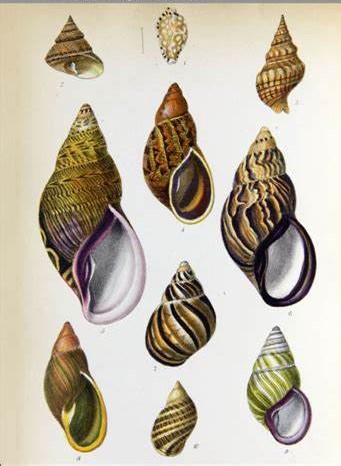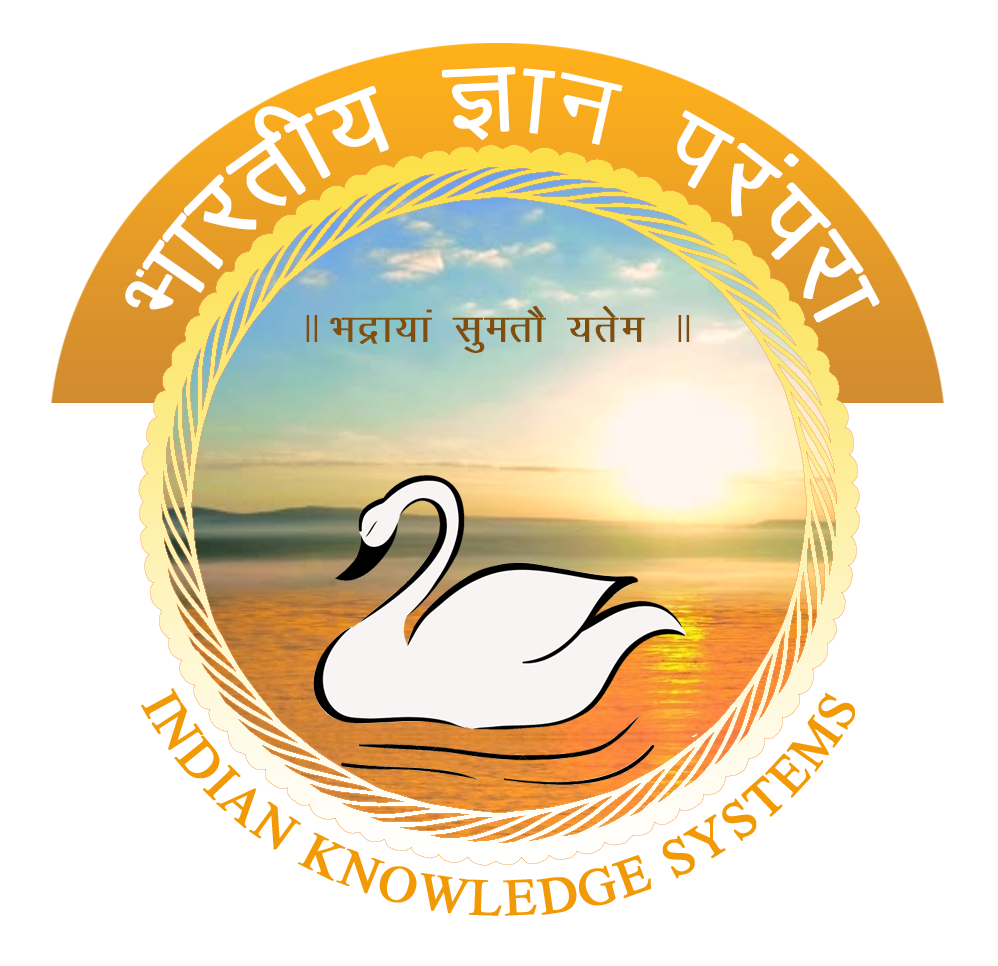mathematics is the study of mathematical concepts independently of any application outside mathematics.
morePhysics is the natural science of matter, involving the study of matter, its fundamental constituents, its motion and behavior through space and time, and the related entities of energy and force.
more
Zoology is the scientific study of animals. Its studies include the structure, embryology, classification, habits, and distribution of all animals,
moreBotany, also called plant science (or plant sciences), plant biology or phytology, is the science of plant life and a branch of biology
moreComputer science is the study of computation, information, and automation. Computer science spans theoretical disciplines
moreInformation technology (IT) is a set of related fields that encompass computer systems, software, programming languages, and data and information processing, and storage
moreCyber Security is the technique of protecting your systems, digital devices, networks, and all of the data stored in the devices from cyber attacks.
moreAn economy is a complex system of interrelated production, consumption, and exchange activities, which ultimately determine
morePolitical science is the scientific study of politics. It is a social science dealing with systems of governance and power, and the analysis of political activities
moreSociology is a social science that studies human societies, their interactions, and the processes that preserve and change them. Learn about the historical development, main concepts, methods,.
moreHistory (derived from Ancient Greek ἱστορία (historía) 'inquiry; knowledge acquired by investigation') is the systematic study and documentation of the human past. History is an academic discipline which uses a narrative to describe, examine, question, and analyze past events,
moreAnthropology is the scientific study of humanity, concerned with human behavior, human biology, cultures, societies, and linguistics, in both the present and past, including archaic humans
moreCommerce is the large-scale organized system of activities, functions, procedures and institutions that directly or indirectly contribute to the smooth, unhindered distribution and transfer of goods and services on a substantial scale
moreEducation is the transmission of knowledge, skills, and character traits and manifests in various forms. Formal education occurs within a structured institutional framework, such as public schools, following a curriculum.
moreThis site was created with the Nicepage


